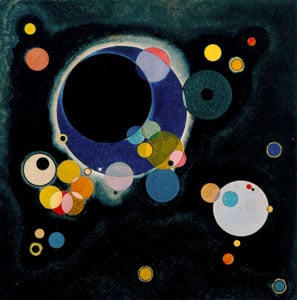

I’ve had an argument with a CEC about whether brown sauce or demi-glace is the mother sauce. Quote from Escoffier:
“[Demi-glace] is the base of all the other smaller brown sauces.”
He also says demi-glace is “Espagnole sauce having reached the limit of perfection.” It’s not crazy to say they’re the same sauce, just that one is actually done.
Functionally it’s true, you just don’t use brown sauce as an ingredient for much if anything other than demi. Or more commonly just buy the demi to save space and time.












The solution to this problem is delicious.